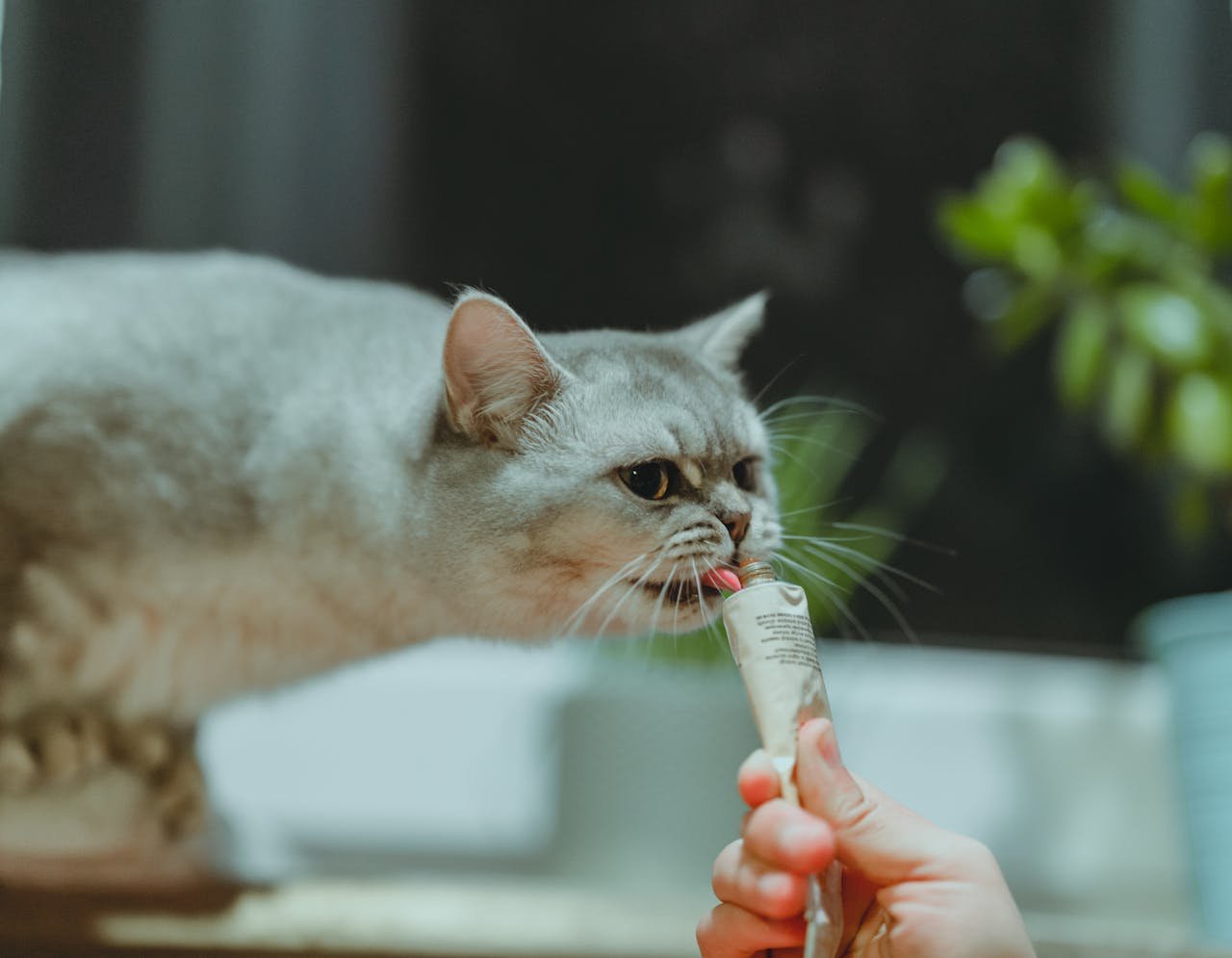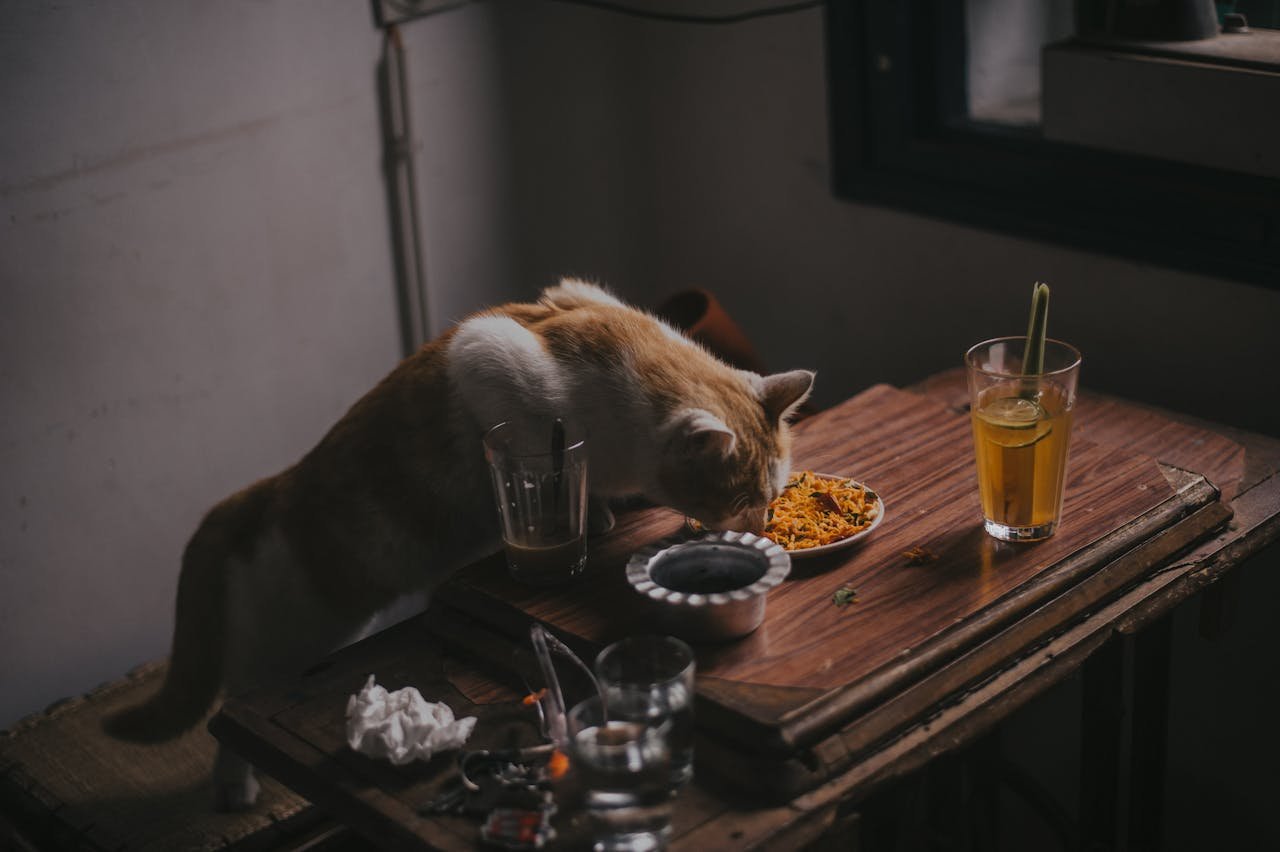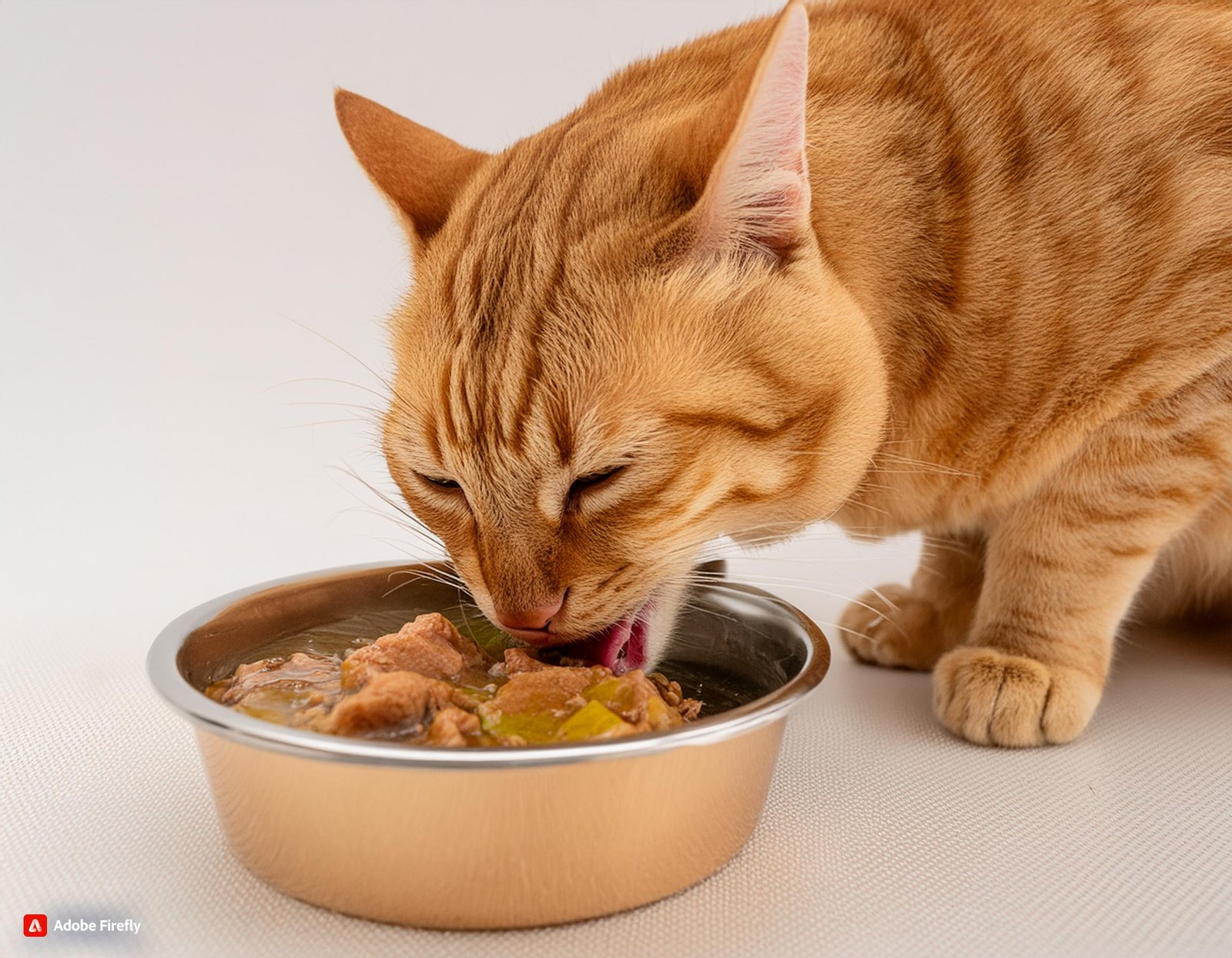Best Dry Cat Foods of 2024: Nutrition, Taste, and Health Benefits Last Updated on 18 August 2024, Care Kitties When choosing the …
Boost Your Cat's Digestive Wellness: Expert Tips and Advice
Cat’s digestive wellness is essential because our entire day seems to be ruined when there is an issue with our digestive system. We are unable to properly work, play, or even enjoy ourselves. Cats and other animals operate in the same way. If your cat’s digestive system isn’t functioning well, it will become less playful, energetic, and joyful. For this reason, it is crucial to maintain the health of the cat’s digestive system. But it is not an easy job to do because it is tough to change the eating habits of cats. Therefore, it is crucial to ensure that cats are fed healthy, easily digested food from a young age.
Start from an Early Age for Cat’s Digestive Wellness
It is very tough to change the eating habits of the cats. That is why it is very important to make sure that they are being fed healthy, nutritious food from an early age so that their digestive system remains well. Read this article to find out the best kitten food available in the market.
Evenness and High-Quality Foods
Nutritional Needs: A properly balanced diet delivers important nutrients that include proteins, fats, carbohydrates, vitamins, and minerals. Cats are mandatory carnivores; they need animal protein in their diet for effective digestion.
Avoid Fillers: Cat foods sold commercially often have fillers such as corn, soy, or wheat that are tough for cats to digest. Choose high-quality foods containing few or no fillers. Read this article to find out the best cat foods available.
Easily Digestible Ingredients: Foods rich in quality protein (such as chicken, turkey, or fish) and conversely low in carbohydrates support sound digestion. Make sure the food is also full of healthy fats (especially omega-3 fatty acids) for peak nutrient absorption.
Hydration and Cat’s Digestive Wellness from Early Age
- Water Consumption: Being dehydrated can make constipation worse and make digestion harder. Because cats typically drink insufficient water, it’s important to promote hydration with clean, refreshed water each day.
- Wet Food: Incorporating wet food into your cat’s diet is a great strategy for raising moisture intake. Naturally, cats depend on most of their water intake from what they eat, and wet food mimics this.
- Water Fountains: Because cats like moving water, a cat water fountain can attract them and help increase their drinking, improving both hydration and digestion.
Buy Best Water Fountain from Amazon
Fibre-Rich Diet
- Dietary Fiber: Fiber serves to control your cat’s bowel movements and maintains gut health. Incorporating a moderate quantity of fiber from pumpkin or psyllium husk helps to relieve constipation and encourage a regular digestive system.
- Prebiotics: Non-digestible fibers known as prebiotics support the beneficial bacteria in the gut. This serves to keep the right balance of gut flora, vital for digestion.
Probiotics for Gut Health
Probiotic Supplements: Probiotics consist of live microorganisms that maintain a beneficial gut microbiome by balancing good bacteria. You can administer probiotics either through probiotic supplements or cat food developed specifically to include probiotics. Probiotics support the breakdown of food, increase nutrient absorption, lower inflammation, and help prevent digestive concerns, including diarrhea and irritable bowel syndrome.
Buy Probiotic Supplement from Amazon
Portion Control and a Schedule for Regular Feeding
- Proper Portions: Feeding your cat too much may overwhelm its digestive system, leading to obesity along with diarrhea or constipation. Stick to the feeding rules recommended by your veterinarian or the manufacturer of the food.
- Consistent Meal Times: Generalizing, a continuous feeding routine helps oversee digestion since your cat’s body will come to expect when it must handle food.
Finding Food Allergies and Intolerances
- Common Allergens: A number of cats find themselves allergic or intolerant to specific ingredients, like beef, dairy, or grains, leading to digestive problems such as nausea, diarrhea, or bloating.
- Elimination Diet: If you think your cat is dealing with food allergies, an elimination diet (taking away the suspected allergen and bringing it back gradually) may reveal the issue and help with digestion.
Managing Weight, Obesity & Cat’s Digestive Wellness
- Obesity’s Impact: Feline obesity greatly increases the likelihood of digestive health issues like constipation along with hepatic lipidosis (fatty liver disease). A healthy weight is important for ensuring better digestion.
- Dietary Adjustments: Deliver a nutrient-rich diet that is limited in calories to support healthy weight management and effective digestion. Inquire from your vet about the best diet and weight levels for your cat.
Avoid Human Foods
- Toxic Foods: Foods that many humans enjoy, including onions, garlic, chocolate, caffeine, alcohol, and fatty meats, are poisonous to cats and may result in digestive distress or greater health problems.
- Safe Foods: While cooked chicken and particular fruits and vegetables are safe for cats in small amounts, the best course of action for superior digestive health is to rely on formulated cat food. Read this article to find out which human foods are safe for cats.
Feeding Environment
- Stress-Free Feeding: A negative impact of stress on digestion may be responsible for problems such as vomiting or constipation. See to it that your cat dines peacefully, away from disturbances and pet competition.
- Elevated Food Bowls: Cats that often regurgitate or vomit may find elevated food bowls helpful for putting an end to gulping and improving digestion by allowing food to move through the digestive tract more smoothly.
Regular Exercise
- Activity and Digestion: Exercise on a regular basis helps maintain cat digestive system activity. Less active cats are often at an increased risk for constipation and bloating. Read this article to learn how to make your cats active.
- Playtime: To boost a healthy weight and digestive system, include your cat in play exercises that challenge its movement and agility.
Routine Vet Check-Ups
- Digestive Disorders: Regular vet visits enable the early recognition of potential digestive problems, such as gastrointestinal parasites, infections, or inflammatory bowel disease (IBD).
- Faecal Examinations: Routine fecal tests ensure the ability to spot intestinal parasites or additional abnormalities that could impact digestion.
Treating Digestive Issues
- Diarrhoea: If your cat suffers from diarrhea, make certain that they are remaining well hydrated. Think about supplying a nondescript diet (like boiled chicken and rice) to ease their digestion. Check in with your vet if diarrhea doesn’t go away.
- Constipation: Enhance fiber intake with fiber supplements or natural sources and promote greater water consumption too. In particular situations, the vet might suggest using stool softeners.
Avoid sudden dietary changes.
When altering what you feed your cat, roll out new foods over a period of one week to prevent any digestive upset. A sudden surprise may trigger vomiting, diarrhea, or indigestion. Read this article to learn how to change your cat’s eating habits.
I hope this article will help you to make your cat’s digestive health system even better.
Related Articles
Top 8 Best Nutritional Kitten Foods Last Updated on 15 August 2024, Care Kitties The kitten stage is the most crucial period …
How to Change Your Cat’s Eating Habits: A Step-by-Step Guide Last Updated on 10 August 2024, Care Kitties Modifying the feeding schedule …
Beware the Liver Trap: Protecting Your Cat from Nutrient Overload Last Updated on 10 August 2024, Care Kitties As a pet owner, …
What Human Foods Are Safe for Cats? A Comprehensive Guide Last Updated on 08 August 2024, Care Kitties Cats are obligate carnivores, …
How You Should Develop Your Cat’s Eating Habits? Last Updated on 17 May 2024, Care Kitties Like humans, eating is also a …







